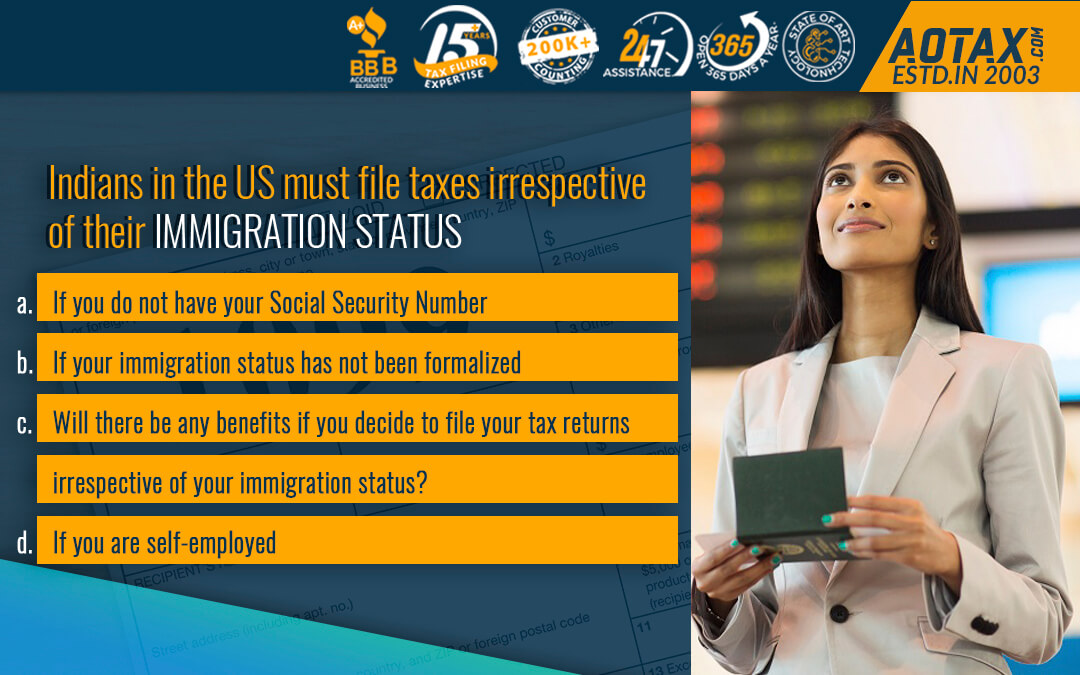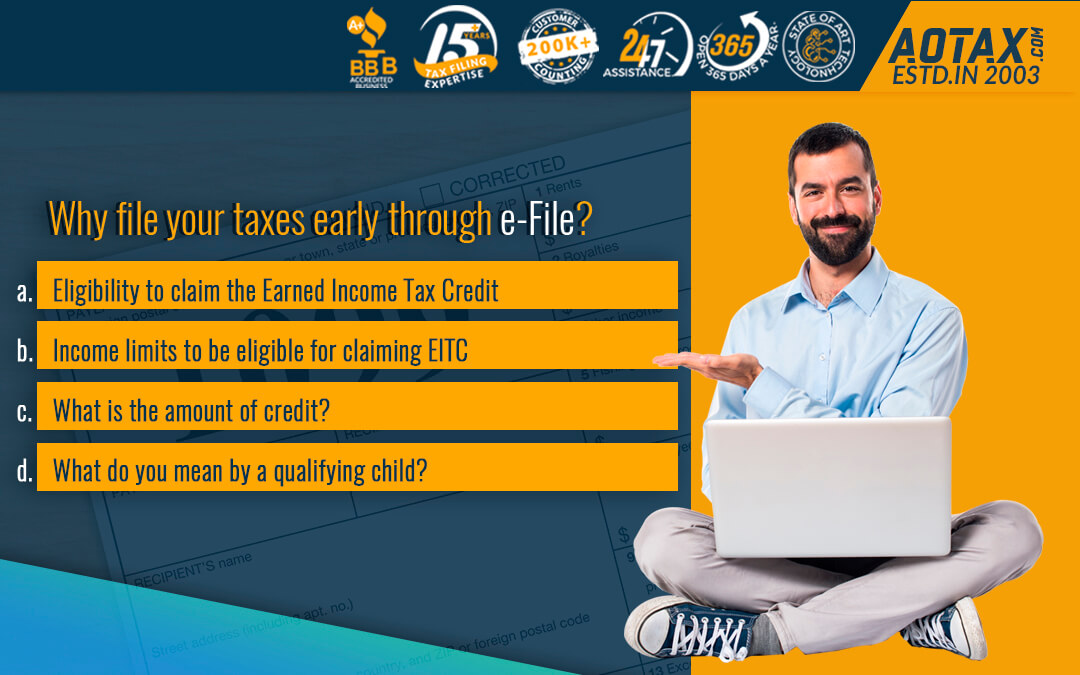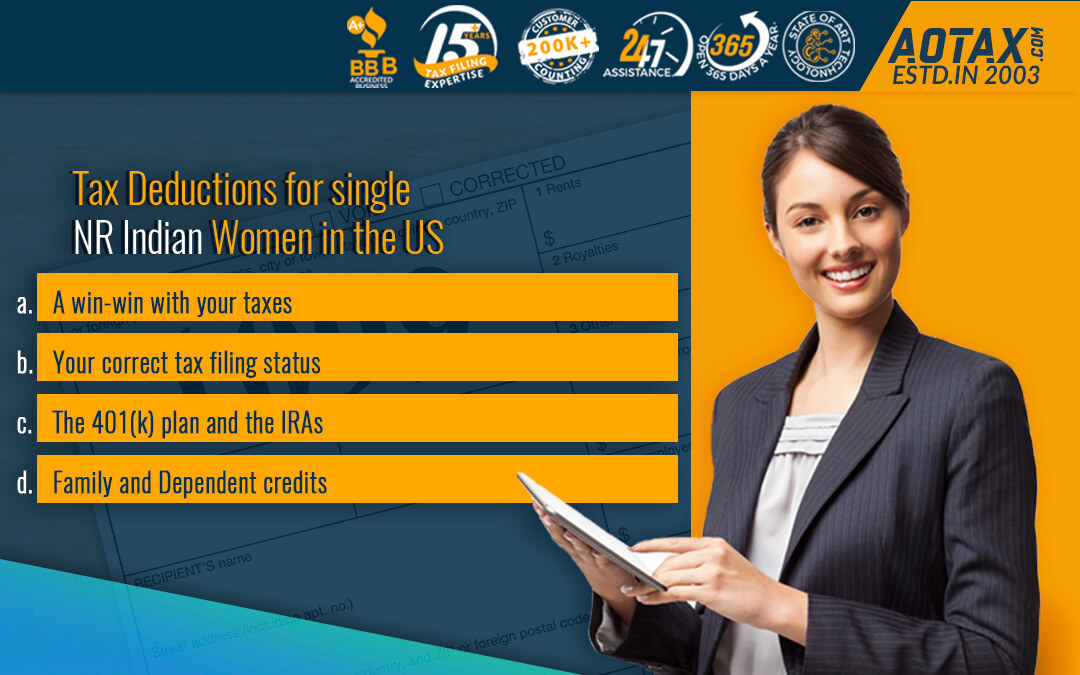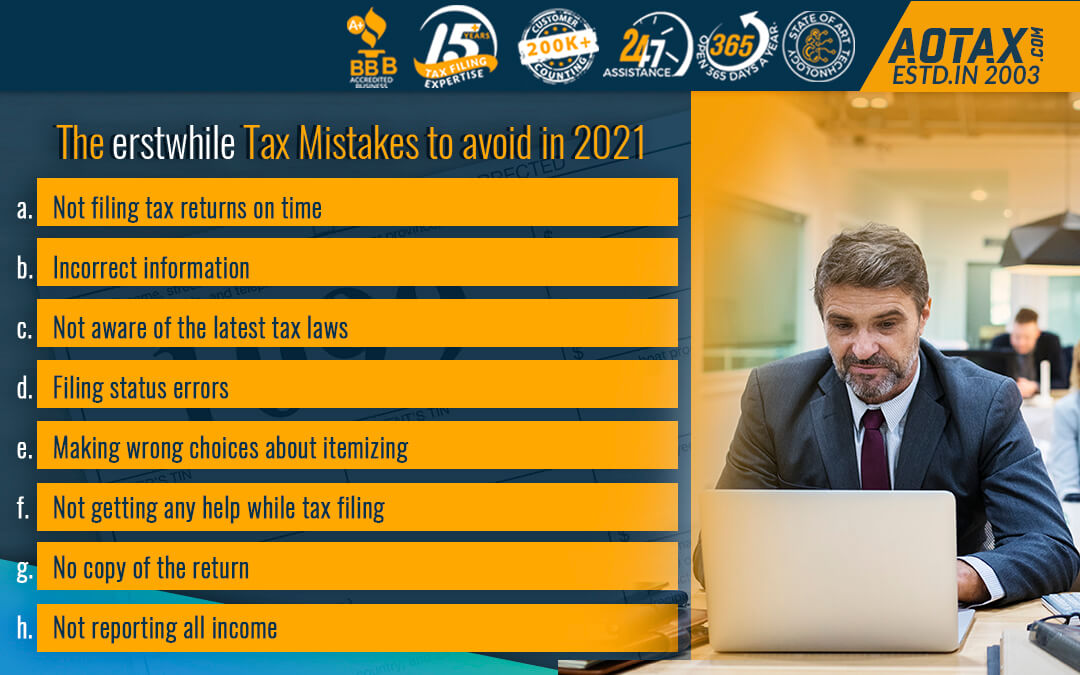Indians in the US must file taxes irrespective of their immigration status

Indians in the US must file taxes irrespective of their immigration status
You might have moved to the US a few days ago or some years back, but if you have earned any kind of income in the US which might be cash or check the IRS should be intimated about it irrespective of your immigration status.
Since the tax filing has opened for the US taxpayers, this is the right time to file your taxes even if you are a non-resident in the United States.
For the Indians residing in the US, the tax filing time can be confusing with a lot of scenarios making it difficult to understand if tax filing should be done or not. Let us check out some such circumstances or scenarios where tax filing can be confusing for the Indians in the US.
If you do not have your Social Security Number
The tax returns with the IRS should have a Personal Identification Number. Mostly, taxpayers use their SSN (Social Security Number) for this purpose. But, if you do not have an SSN or you are not eligible to have an SSN then what needs to be done?
Since 1996, the IRS has been handling such a situation by issuing ITINs i.e. Individual Tax Identification Numbers. This would be helpful for those taxpayers who are not eligible for obtaining a valid Social Security Number (SSN). The ITIN can be obtained by the use of the W-7 Form and it takes around 6-10 weeks for receiving it after the completion of the processes. However, if you are a Non-resident Indian and do not have an ITIN then you can even send your tax returns along with your Form W-7. You would also have to send some documentation for the confirmation of your identity. If you are filing your tax returns for the first time then this option is a convenient one.
One more step that would be necessary here is to have enough documentation for supporting the income and expenditure which you can claim on your tax returns. A major part of these documents is mainly provided by either your employer, the Government, or any financial institution.
If your immigration status has not been formalized
Even if your immigration status has not been formalized, you can still file your tax returns in a hassle-free manner. The information present on your tax returns would remain confidential and would not be shared by the IRS with any entities except a few Government entities. The law “Taxpayer Bill of Rights” provides the right to privacy for each taxpayer which means irrespective of your immigration status if you are filing your tax returns the IRS would not make any unnecessary investigations. So, you are filing your tax returns and maintaining your compliance with the law.
Will there be any benefits if you decide to file your tax returns irrespective of your immigration status?
Even if your immigration status is not formalized, you can get a couple of benefits by filing your tax returns. If you are an employer, then you must have paid taxes during the entire year and there are chances that you might have paid much more than you owed. So, you can file your returns and get tax refunds.
Moreover, some tax credits can be very beneficial irrespective of your immigration status. With these tax credits, you can get tax refunds even in case you do not owe any taxes to pay. The Child Tax Credit (CTC) can give you up to $2000 tax credits and the Additional Child Tax Credit (ACTC) would give $1400 refundable tax credits.
Furthermore, by filing your tax returns you are beginning the process of becoming a permanent resident of the United States. You can prove your good moral character by filing your tax returns on time.
If you are self-employed
If you are self-employed or have your own business, then you would have to maintain a lot of records related to your income and expenditure. This is quite tedious and you would have to do a lot of work for this record maintenance. However, you can find various tax return filing online tools which would provide you with QuickBooks to track your income and expenses throughout the year.
Conclusion
So, the immigration status of an individual residing in the US cannot be a blocker while filing his tax returns. Filing tax returns diligently and on time is a sign to be compliant with the law which must be practised by all the individuals living in the country.






Recent Comments